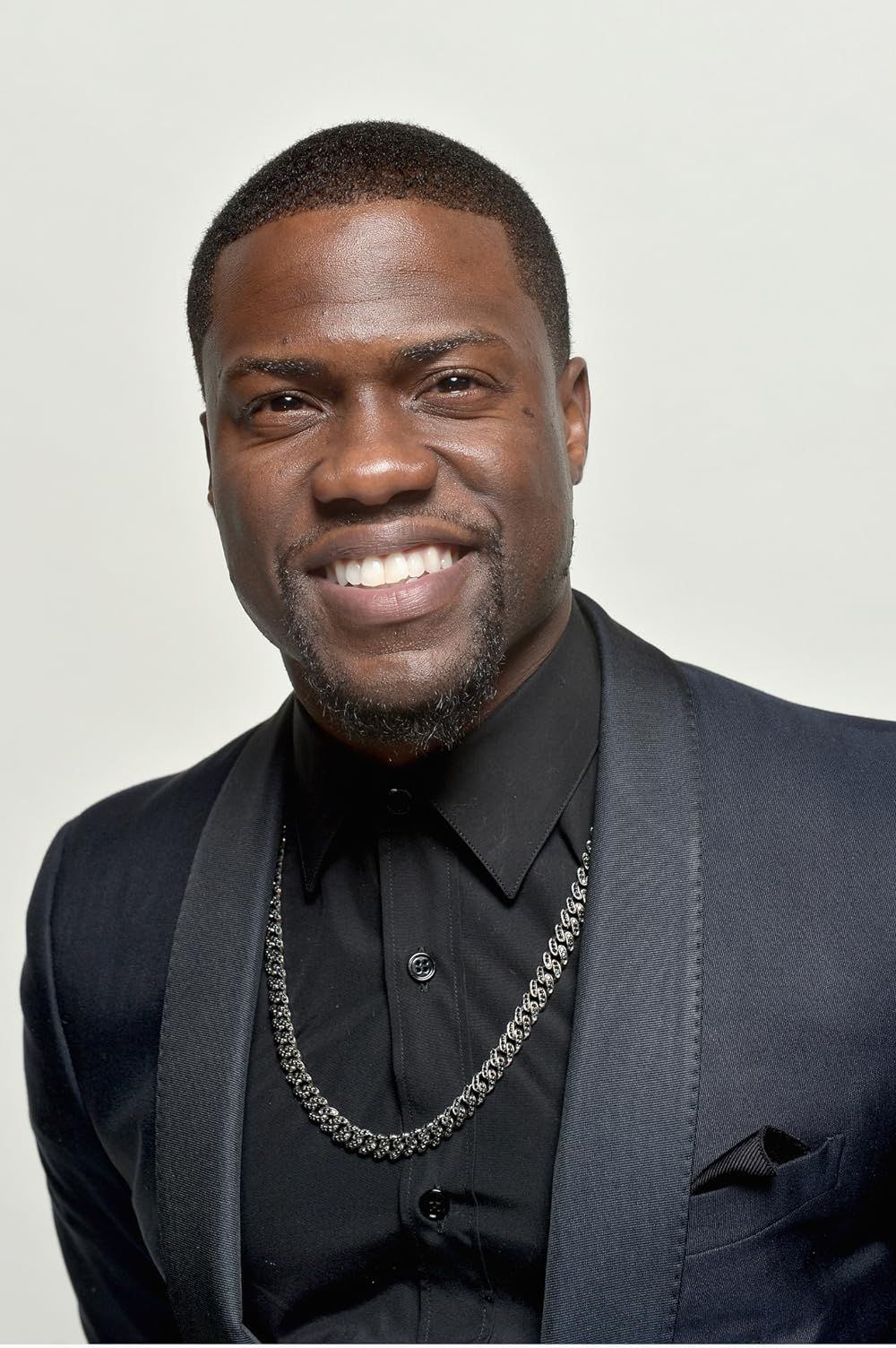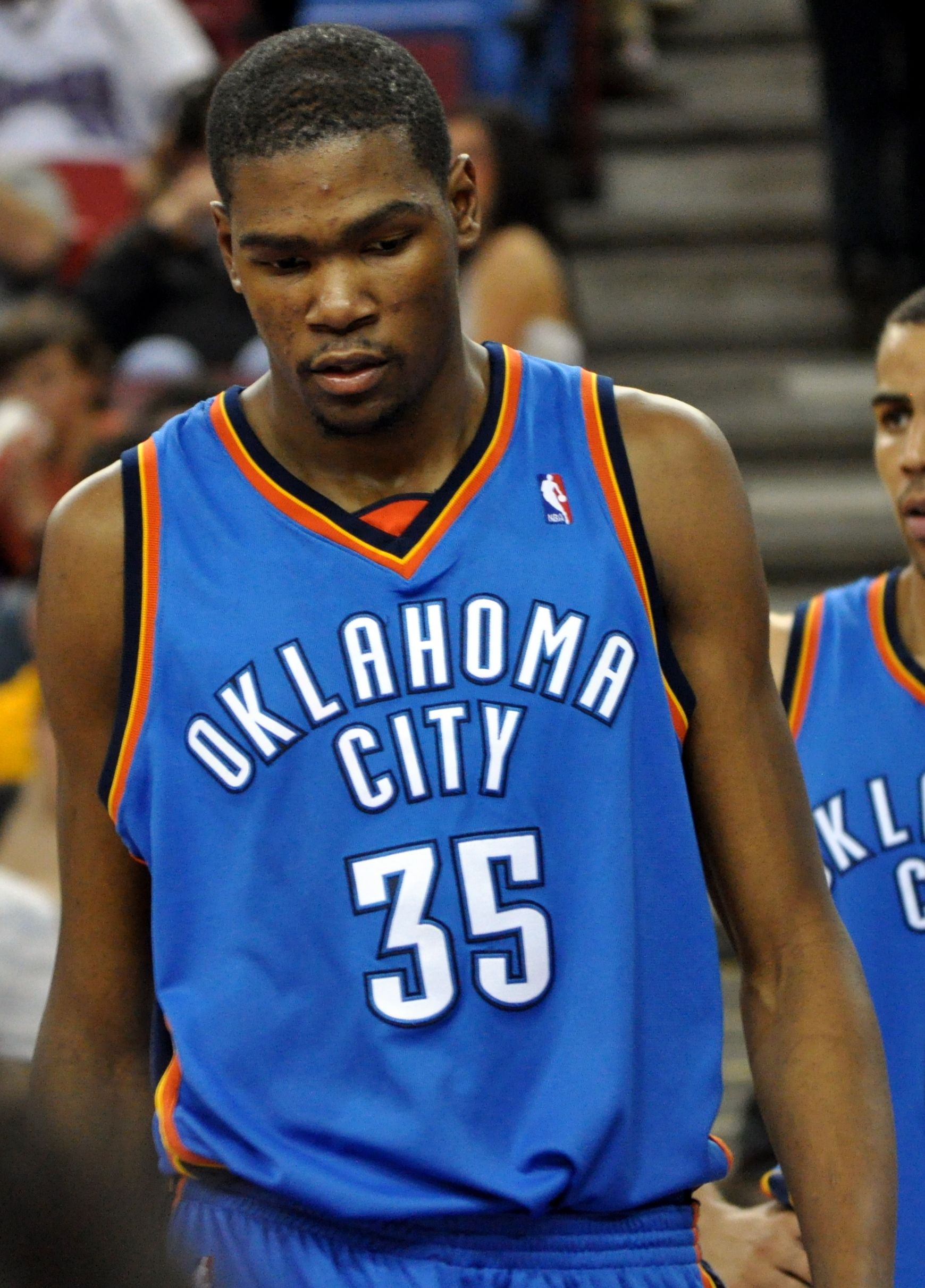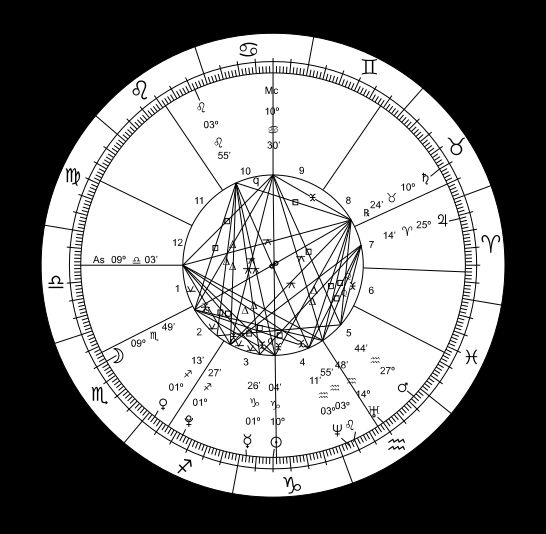
The simple yet resonant name Kevin holds a fascinating, multifaceted history, weaving through centuries of cultural evolution, geographic dispersion, and shifting social perceptions. Far from being merely a common given name, Kevin embodies a rich narrative, tracing its lineage from the monastic serenity of 6th-century Ireland to the vibrant, often tumultuous, landscape of 20th and 21st-century global popular culture.
At its very core, the name Kevin is deeply rooted in Irish heritage. It directly descends from the ancient Gaelic name “Caoimhín,” a term imbued with the meaning of “comely.” The profound historical significance of this name is inextricably linked to Saint Kevin, a revered figure who lived until 618 A.D. and founded the distinguished Glendalough Abbey in the Kingdom of Leinster.
This seventh-century patron saint of Dublin, who was canonized in 1903, became a pivotal figure in popularizing the Gaelic name “Caoimhín” itself. His legacy as a holy man and teacher, who spent many years as a hermit in Glendalough, an area outside Dublin that evolved into a renowned spiritual center, solidified the name’s revered status. While Saint Kevin is prominently associated with Dublin, it is also notable that Caomhán of Inisheer, the patron saint of Inisheer in the Aran Islands, is frequently referred to as “Kevin,” further cementing its spiritual connection.
When anglicized, the name Kevin retains its core essence, carrying the primary meaning of “handsome.” This beautiful interpretation is further enriched by its etymological breakdown, derived from the elements “coem,” meaning “handsome,” and “gein,” meaning “birth,” thus giving us the poetic “handsome by birth.” Beyond this primary meaning, secondary connotations such as “kind,” “gentle,” and “honest” also enrich the name’s profile.

Interestingly, while its origins are distinctly Irish, the English meaning attributed to Kevin is “peace,” adding another layer of positive interpretation to its character. The pronunciation of this historical and meaningful name is quite straightforward and phonetic, emphasized on the first syllable: “KEV-in.” This ease of pronunciation undoubtedly contributed to its widespread adoption.
For centuries, the name Kevin was a rarity, seldom bestowed before the advent of the 20th century. However, a significant turning point arrived with the Gaelic revival movement in the late nineteenth century. This cultural resurgence saw a renewed appreciation for Irish heritage, leading to a surge in the name’s popularity.
Notable figures such as Kevin Izod O’Doherty, a Young Irelander and politician born in 1823, were early bearers of the anglicized name. Later, during the fervor of the Irish revolutionary period, figures like Kevin Barry and Kevin O’Higgins further propelled the name into public consciousness, embedding it deeply within Ireland’s modern historical narrative.
Following its strong re-emergence in Ireland, Kevin embarked on a remarkable journey across the globe. It was “widely adopted throughout the English-speaking world,” experiencing a dramatic surge in popularity throughout the 1950s. This period marked a golden age for the name in many Western countries.

In the United States, Kevin ascended rapidly through the ranks of popular given names, achieving its peak popularity in 1963, when it proudly reached an impressive rank of 11. This signifies a time when Kevin was among the most favored choices for newborn boys across the nation. Yet, as with many naming trends, its soaring ascent was followed by a gradual decline.
Since its 1963 zenith, Kevin has steadily decreased in popularity within the US, though it maintained a moderate frequency of use into the 2010s. By 2016, it held the rank of 89. The very next year, it slipped out of the US Top 100, and as of the latest data, it currently ranks at 156.
The United Kingdom witnessed a remarkably similar trajectory for the name. It gained significant popularity during the 1950s, reaching its peak in the 1960s, mirroring the American trend. However, its decline also tracked closely, gradually falling in the 1970s and 1980s, and by the 1990s, Kevin had fallen out of the top 100 most popularly given names in the UK.
Intriguingly, the prominence of Kevin may have even influenced the adoption of another name: Kelvin. Oxford’s *A Dictionary of First Names* proposes that the anglicized Kevin potentially “may have influenced the adoption of Kelvin (in origin a river name) as a modern given name.” Kelvin experienced its peak in popularity around the same time as Kevin, albeit to a considerably lesser extent, reaching a peak rank of 209 in the US as of 1961.

While its popularity in English-speaking nations began to wane in the later decades of the 20th century, Kevin found a new, robust surge across mainland Europe during the 1980s and 1990s. This renewed interest was largely fueled by the pervasive influence of American pop culture. Iconic figures such as the actor Kevin Costner and singer Kevin Richardson played a role in this popularization.
However, it was arguably the beloved character Kevin McCallister, Macaulay Culkin’s spirited protagonist in the wildly successful Christmas comedy film *Home Alone*, that served as the most prominent catalyst for the name’s European boom. The film’s immense popularity, particularly in German markets where it was released as *Kevin – Allein zu Haus*, embedded the name firmly in the cultural consciousness.
Despite this widespread adoption, especially between the late 1980s and the 2000s, the name “Kevin” garnered a rather unique and often “notorious” association in some European countries, particularly France and Germany, for being “extremely popular among lower-class parents.” This social perception led to a fascinating and complex cultural phenomenon.
The name’s peak in Europe was remarkably sharp, achieving the first rank in France (often spelled Kévin) during the period of 1989–1994. Similarly, it reached peak popularity in Switzerland during 1991–1992 and in Germany in 1991. The starkness of this popularity, coupled with its perceived demographic concentration, led to unforeseen social implications.
In Germany, specifically, the name became controversially “associated with low social status.” This perception was widely popularized in German journalism, drawing heavily on a 2009 master’s thesis that examined primary teachers’ reactions to children’s given names. From this academic observation, the term “Kevinismus” emerged.
“Kevinismus has become German short-hand for negative social preconceptions about trendy or exotic names.” This fascinating linguistic and sociological development highlights how a name, through cultural diffusion and specific social contexts, can acquire layers of meaning beyond its literal definition. Similar negative connotations have also been observed in France.
Delving into the practical aspects of the name, Kevin offers a delightful array of variations and nicknames. For those seeking alternative spellings while retaining the essence of the name, options abound, all sharing the core meaning of “handsome.” These include Kevan, Keven, Kevon, Keveonn, Kevinn, Kevion, Kevis, Kevyn, and Kevynn. Each variation offers a subtle twist while maintaining recognition.

When it comes to affectionate monikers, Kevin provides numerous charming choices. Friends and family frequently opt for shortened versions like Kev, Kevy, Vin, or Vinny. More playful or endearing options include Kev-Kev, Kevi, Kevino, and Kevie, showcasing the name’s versatility for informal use.
Beyond its own forms, Kevin harmonizes well with a variety of other names, whether as middle names or for siblings. For a middle name, a range of dignified choices complement Kevin, such as Augustus, Anthony, Ashton, Brandon, Christopher, Daniel, Frederick, Lee, Moises, Marshall, Michael, Nicholas, Samuel, Taylor, Ray, Reed, Robert, Rodney, Ruben, and William. These pairings offer both classic and contemporary resonance.
For siblings, the name Kevin can be beautifully complemented by a diverse selection of names. For a brother, choices like Cameron, Hunter, Kyle, Logan, or Michael create a cohesive family unit. For a sister, names such as Diane, Kaia, Katherine, Lauren, Marie, or Presley provide appealing symmetry and flow, demonstrating the name’s adaptable nature within a family context.
The popularity of Kevin across different eras and continents naturally means it has been borne by a multitude of famous individuals, spanning various fields of achievement. The realm of acting boasts a remarkable concentration of celebrated Kevins. The acclaimed American actors Kevin Bacon, Kevin Costner, Kevin Hart, Kevin Kline, Kevin Nash, and Kevin Spacey have all left indelible marks on film and television.

In the world of sports, the name is equally prominent, with figures like American basketball players Kevin Durant and Kevin Garnett, Canadian professional wrestler Kevin Owen, and former England cricket player Kevin Pietersen showcasing athletic prowess. The name also graces political spheres, notably with former Prime Minister of Australia, Kevin Rudd. Even the leadership of American football teams finds a Kevin in NFL head coach for the Minnesota Vikings, Kevin O’Connell. Musicians are also represented by Kevin Jonas, the American singer and actor, and actor Kevin Michael Richardson. These individuals underscore the widespread appeal and success associated with the name.
Kevin’s ubiquity extends seamlessly into the fabric of popular culture, making frequent appearances in beloved fictional works across various media. From animated classics to long-running television series and iconic films, characters named Kevin have charmed audiences worldwide. The Pixar animation “Up” features a memorable character named Kevin, as does the enduring children’s show “Thomas and Friends,” where Kevin is depicted as a friendly and funny crane, lively and enthusiastic, assisting Victor in repair work.
Television has seen several notable Kevins: the character from “Ed, Edd n Eddy,” Kevin Arnold from “The Wonder Years,” Kevin Thompson from “Daria,” and Kevin Tran, a prophet whose life is portrayed as dramatically turned upside down in the American dark fantasy series “Supernatural.” The film “Mean Girls” introduced audiences to Kevin Gnapoor, while the character of Cousin Kevin features in “Tommy.

Perhaps the most iconic fictional Kevin remains Kevin McCallister, the resourceful eight-year-old protagonist with blond hair and blue eyes from “Home Alone” and “Home Alone 2.” His adventures defending his home from burglars after being inadvertently left behind by his parents have cemented him as a global household name. Beyond these, a detailed look into fictional works reveals numerous other characters named Kevin, such as Kevin Brandon Caritg in “Go with the Flow,” Officer Kevin Ray Uhler in “Back Cuts,” and Kevin Cullen in “Six Locked Doors: The Legacy of Cocoanut Grove,” further illustrating the name’s diverse presence in storytelling.
The name Kevin’s enduring resonance is further highlighted by its modern digital footprint. Its significant presence on the internet and social media platforms attests to its continued relevance. As per 2019 data, there are an astounding 456,230 profiles on Facebook bearing the name. Furthermore, a Wikipedia page is dedicated to Kevin, indicating its recognized cultural and historical importance.
On the search engine front, Kevin generates a considerable volume of interest, with 8,100 monthly global searches on Google, according to Semrush data. This digital presence provides valuable insight into the name’s widespread recognition and sustained engagement from a global audience, proving it is far from a rare or unique identifier in the contemporary digital landscape.
Beyond the tangible measures of popularity and cultural references, the name Kevin also offers fascinating insights through the lens of numerology, an ancient belief system that explores the relationship between names and numbers to gain insight into character. Each letter in a name is believed to signify specific attributes that influence an individual’s attitude and approach to life.

In the name Kevin, each letter contributes distinct characteristics. The letter ‘K’ suggests an intuitive, cooperative, and loyal individual, often possessing an artistic side and a friendly nature that aids connection with others. The letter ‘E’ indicates suitability for financial, legal, and public work, though an excessive repetition of this letter (more than seven times) can signal frivolity.
The ‘V’ in Kevin points to sincerity, responsibility, and a caring disposition, often enjoying domesticity and humanitarian endeavors. The ‘I’ reveals an ambitious, brave, and independent streak, with a tendency to be dominating and a pursuit of power and status. Finally, the ‘N’ denotes an opinionated personality that loves to add a unique touch to projects, embraces compliance, and does not shy away from public view.
Numerology also highlights the significance of the first and last letters of a name, known as the Cornerstone and Capstone, respectively. The Cornerstone (K in Kevin) outlines primary personality traits and how challenges are faced, while the Capstone (N in Kevin) illuminates one’s approach to work and completion. This unique blend of traits suggests a complex yet compelling personality profile for those named Kevin.
The name’s rich historical roots, originating from the seventh century, underscore its enduring legacy. To inquire if Kevin is a “good name” is to ask if a name with a wonderful meaning of “handsome” and a pleasant sound is desirable, and the answer is an unequivocal yes. It is a masculine name primarily, though its use for girls is exceedingly rare, ranking significantly lower on popularity charts.

Even in the realm of Western and Vedic astrology, while not directly determining a zodiac sign, the name Kevin can be placed within the framework of astrological principles related to birth dates or specific sound associations. For instance, in Vedic astrology, the Mithun (Gemini) rashi, associated with the starting letters K, CHH, GH, Q, C, has a connection to the name’s initial sound. This rich tapestry of historical, cultural, and even esoteric associations confirms Kevin as a name of remarkable depth and enduring appeal. It stands as a testament to how a single word can encapsulate a vast and varied human experience, from saintly origins to modern-day iconic status.



